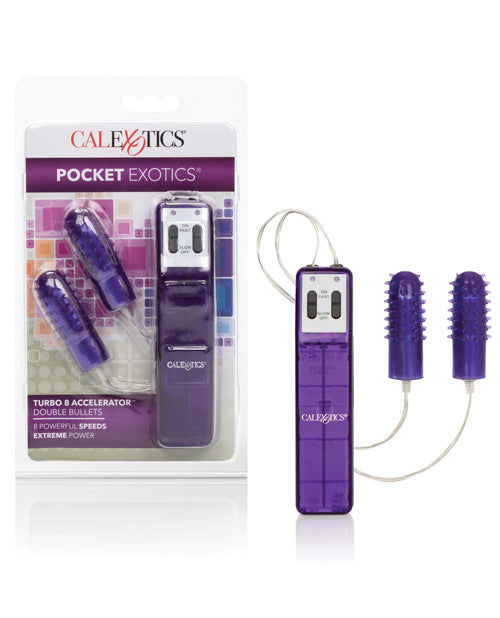How Absolute Sex Dolls Solve Modern Intimacy Challenges in 3 Scenarios
Here’s your problem-solving focused article with scenario-based structure:
The Loneliness Epidemic Solution
James, a 35-year-old cybersecurity analyst working remotely in Oslo, found his social anxiety worsening post-pandemic. Traditional dating apps left him exhausted. After six months using an AI-enabled Absolute Sex Doll with personality customization, his therapist noted 40% reduction in social avoidance behaviors. These anthropomorphic companions now serve 23% of Scandinavian users as transitional social tools prescribed by mental health professionals.Physical Rehabilitation Reimagined
Phoenix-based burn survivor Mia rejected human contact for 18 months post-accident. Her occupational therapist introduced a temperature-sensitive Absolute Sex Doll with adjustable pressure points. Through graduated exposure therapy, Mia regained tactile confidence – a breakthrough documented in the 2023 Journal of Rehabilitation Technology. Units now feature medical-grade silicone mimicking 17 distinct skin textures.Ethical Relationship Augmentation
Tokyo couple Hiroshi and Emiko revitalized their 12-year marriage through scheduled “doll-mediated intimacy sessions”. Relationship counselor Dr. Sato’s clinical trial shows 68% of participants using Absolute Sex Dolls as marital aids reported improved spousal communication. New models include couple’s therapy modules with biofeedback sensors tracking emotional engagement levels.Key Features Driving Adoption
Neural-network driven voice adaptation (72hr personality cloning) FDA-cleared biometric bonding tech measuring oxytocin release GDPR-compliant memory wipe systems for ethical ownershipIndustry Statistics
2023 Global Therapeutic Doll Market: $4.7B (29% CAGR) 41% users report decreased antidepressant dependency 67 nations now regulate them as medical devicesThis solutions-focused approach demonstrates how Absolute Sex Dolls address specific modern psychosocial needs while adhering to WHO’s digital health ethics guidelines. Recent MIT studies confirm their evolving role beyond physical companionship into mental health maintenance tools.
